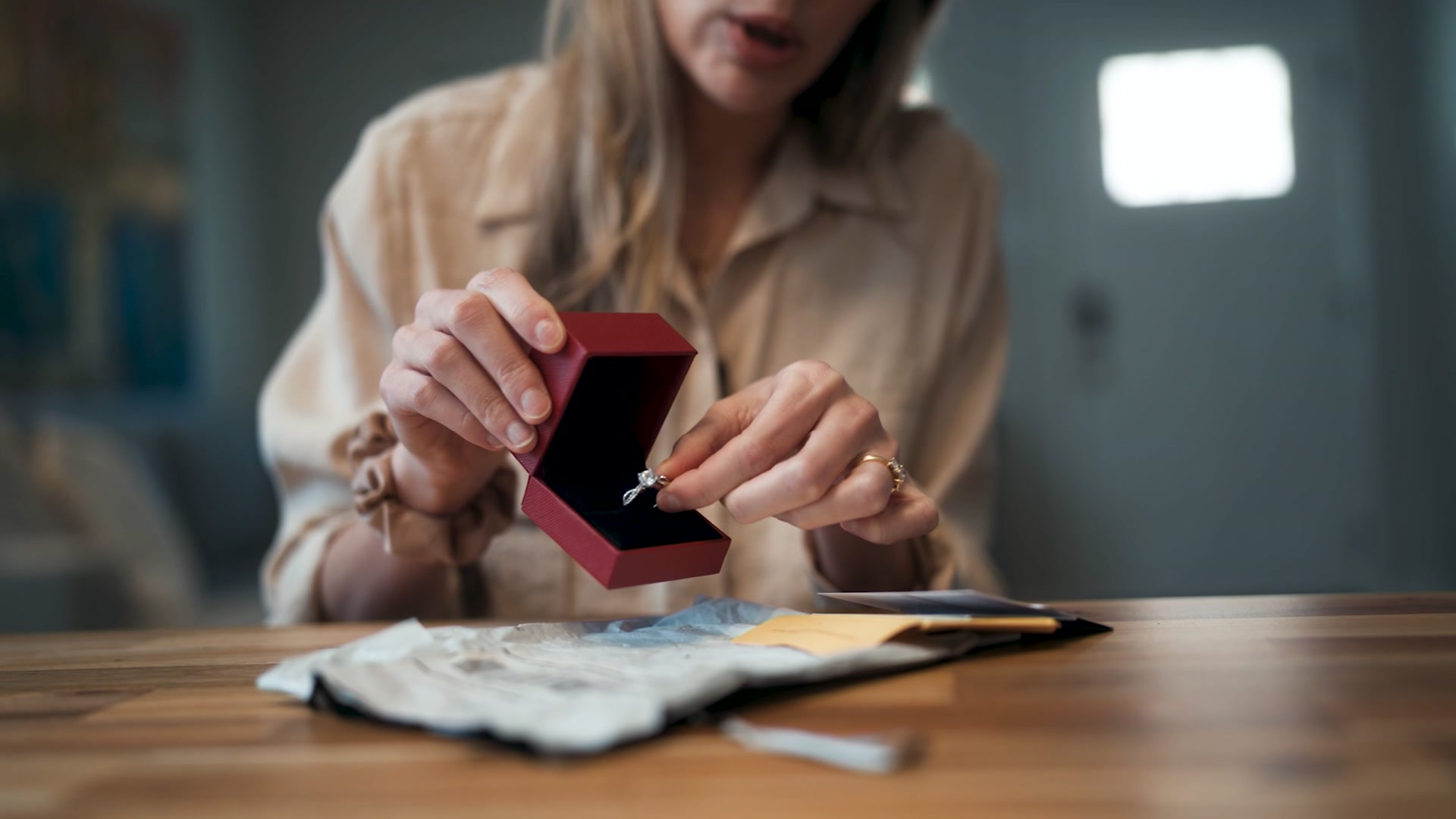Texas College of Osteopathic Medicine students practiced patient care with Special Olympics athletes, learning the importance of empathy and communication in medicine. NCB 5’s Noelle Walker has the story.
Medical school students at Texas College of Osteopathic Medicine (TCOM) in Fort Worth spend a lot of time studying, but there are some things they can't learn in a textbook.
"Bedside manner is my number one," TCOM student William Gensler said. "Of course being a competent physician and making sure you treat somebody and help figure out what's wrong with them is important, but to me, all of the experiences that matter with the patient is to make sure you actually bond with them."
Watch NBC 5 free wherever you are
Project DREAM Big paired TCOM students with students from Fort Worth ISD's Transitional Center, most of whom are Special Olympics athletes, to play games, do crafts, and do medical exams. D.R.E.A.M. stands for Disability Right, Education, and Activism in Medicine.
"It's really learning that there are all these little niche aspects of a physical exam that individuals with disabilities might need from us that we aren't used to administering with our classmates," D.R.E.A.M. President and 2nd-year TCOM student Anaiza Irani said.
Get top local stories in DFW delivered to you every morning with NBC DFW's News Headlines newsletter.
Irani organized the event.
"Having this exposure is really helping us to become compassionate with each individual, teaching us empathetic and inclusive healthcare aspects for individuals with disabilities."
"Instead of practicing on each other we get a different demographic," Gensler said. "Being able to have good bedside manner and rapport with your patient is what's going to make them comfortable in telling you what's wrong."
Local
The latest news from around North Texas.
The experience was something medical students can't get from a textbook, but it was a win for their 'patients', too.
"This will give them an opportunity, hopefully, for them to feel more comfortable; to know that it's not a bad thing, it's not a hurting thing," FWISD Transition Center Transition Specialist Latasha Hill said.
"Just to go in and be calm; it can be good for them, beneficial to them as well."



